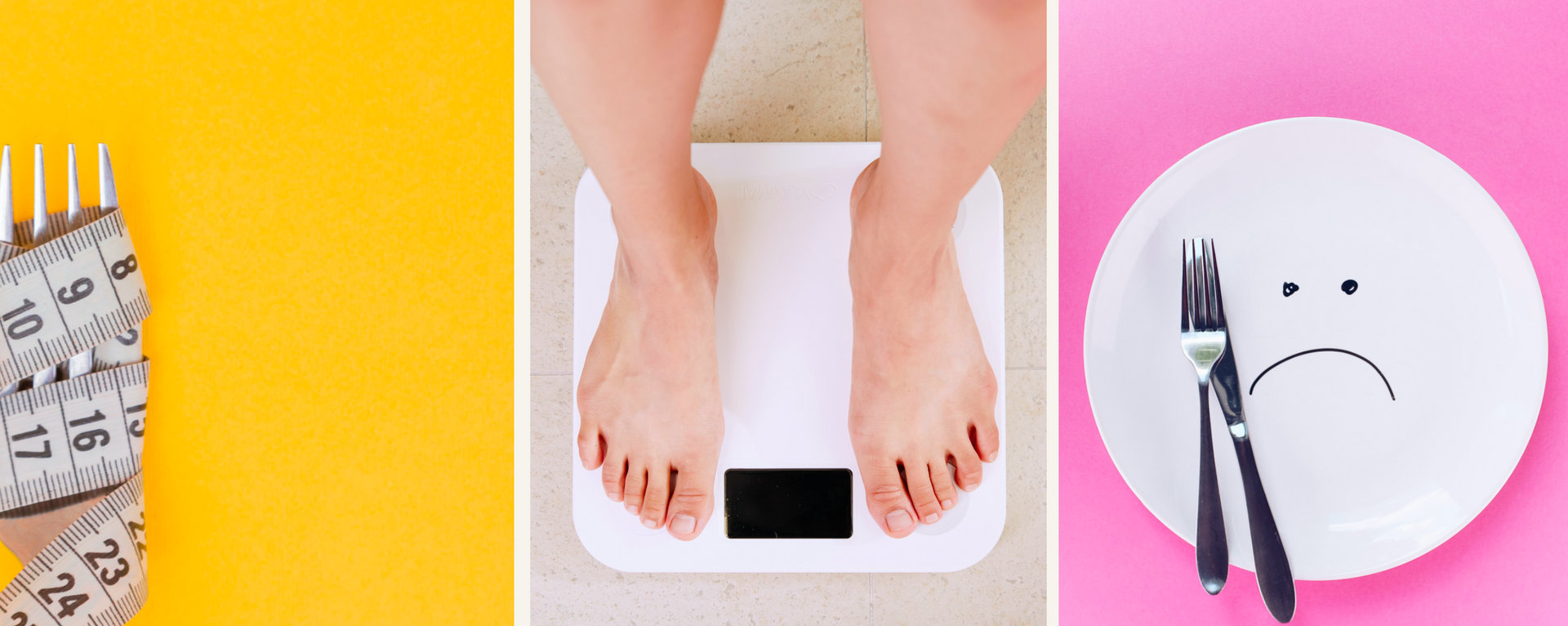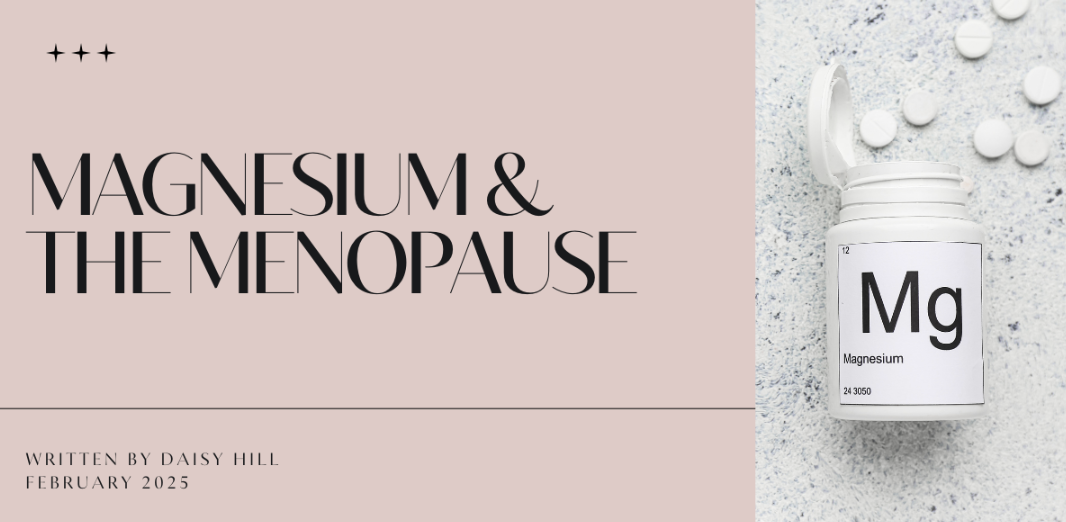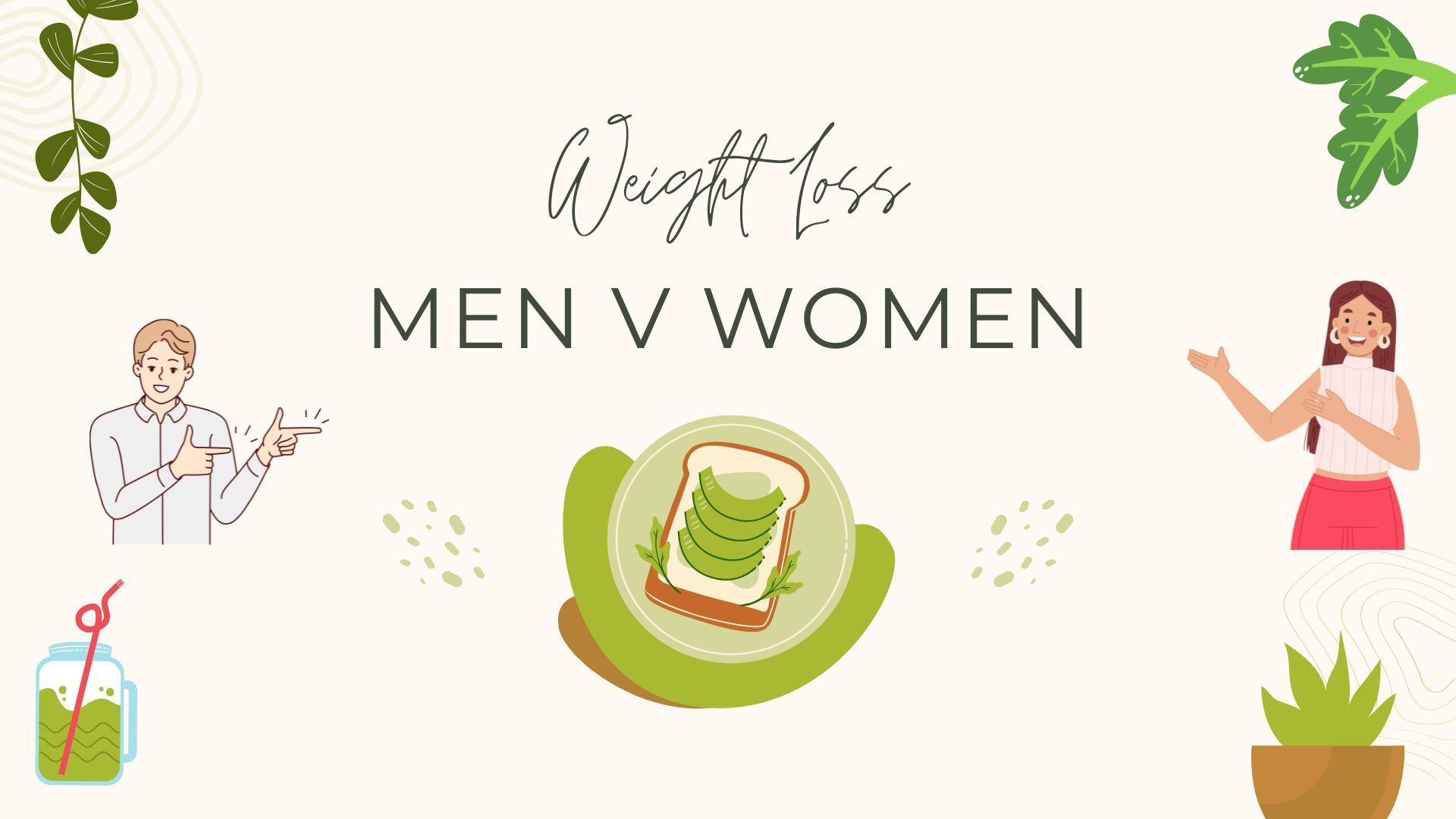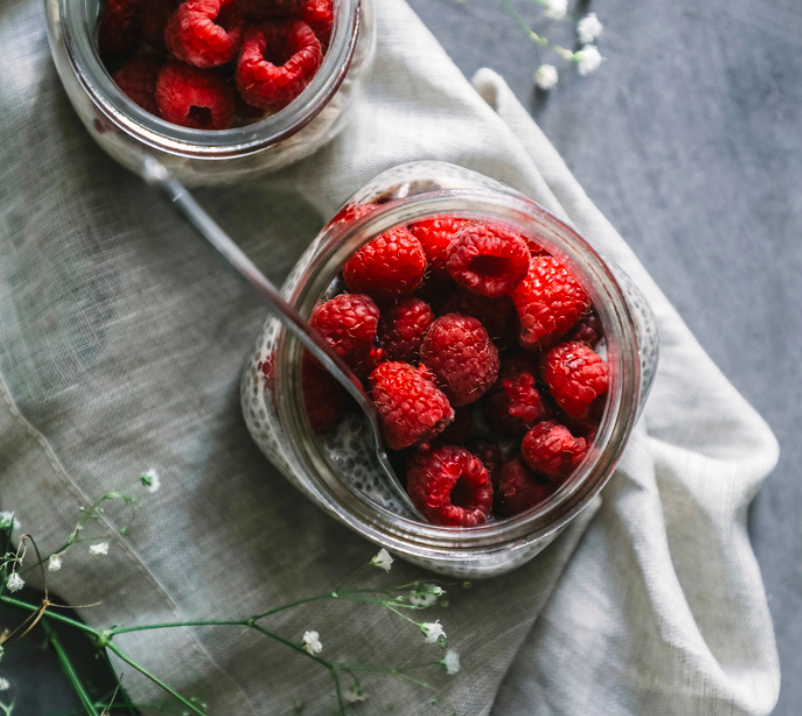June 2024 Newsletter
Most people get – on a conceptual level at least – that they should probably eat a bit better than they do, they should probably move more and take the time for more self care in order to live a long and happy life.
‘Life’ seems to get in the way of achieving that. Many of us are juggling jobs and the complexities of modern relationships, leaving little time to dedicate to the business of ‘being healthy’. Convenience often wins. It’s not that that’s wrong per se, but here’s the thing: all the time we are not eating or moving or living as well as we
know to do, we are silently getting sicker. That may actually be going-to-hospital sick or it may just mean having health niggles that bother us greatly but that we have learned to cope with. I’m talking here about things like IBS or other tummy troubles, PMT, arthritis, stress or anxiety, haywire hormones, or possibly weight that has crept on over the years and you can’t seem to shift it, no matter what you try.
What I want to share with you today is that the food you eat matters more than you can possibly imagine. And that, in many cases, simply by making changes to your diet, the symptoms of some of these conditions can be improved so markedly that there is a really profound shift in how you experience life.
What is Nutritional Therapy?
Nutritional therapy used to be referred to dismissively as ‘alternative medicine’. It’s only now that the science of what to eat is getting the recognition it deserves and isbeing actively promoted by a small number of well-known and enlightened medical doctors, like Dr Rangan Chatterjee and Dr Louise Newson.
Essentially, nutritional therapists apply the latest hypotheses and research in nutrition and health sciences to you and your symptoms and they come up with a diet, lifestyle and (sometimes) supplement plan to support those needs. They might bring in some coaching to help you put the ideas into practice in a meaningful way or break through whatever barriers have held you back in the past.
Personal Service
It’s a very personal approach. You might hear practitioners talk about people being ‘biochemically unique’. That means that there isn’t a single way of eating that is right for everyone. Sandra might have PMS and you want to lose weight, for example.
Sandra might have a history of antibiotic use, while you had your appendix out when you were 14. Sandra might have an intolerance to dairy, while you hate strawberries. I could go on, but you can imagine the thousands of different permutations here. And the fact is that your DNA, previous medical history, and any
current symptoms as well as what you like and don’t like, not to mention your personal circumstances are all important when a nutritionist creates a plan for you.
It is personalised just for you. That takes both time and skill. You could download something from the internet – if you knew what you were looking for – but it is not the same. A nutrition practitioner may also work with supplements targeted to a specific condition or your own health goal. This can be a minefield – potentially
dangerous and inevitably costly – if you don’t know what you’re doing.
Why Doesn't Everyone See a Nutritionist if the Results are So Good?
It’s unfortunate that so many people don’t understand what a huge effect a personalised food and lifestyle programme can have on the symptoms they have or how they experience their life.
Newspapers are full of soundbites about the latest foods, but they don’t really join the dots, and it’s difficult to see what might be possible for you. The vast majority of doctors – even those being trained today – have next to no current knowledge or practical experience of what their patients should be eating or how they might integrate the theory into their lives. They live in a world, by and large, where the solution presented during your 10-minute session lies in a prescription.Some – like Dr Chatterjee – are taking on training in something much bigger called Functional Medicine. This is a framework for considering that the symptoms you are experiencing are a result of imbalances in your body and, rather than treat the specific symptoms themselves, nutrition professionals try to understand the root cause of the problem and base their programme around that. If you think about it: nearly all medications merely suppress symptoms. Only very few are an actual cure – antibiotics come to mind here. The exclusively pharmacological approach conventional medicine so often employs does nothing to uncover the root causes.
Metformin lowers blood glucose – but why is it high in the first place? Statins lowercholesterol – but why is it elevated? Non-steroidal anti-inflammatory drugs (NSAIDs) numb pain – but why are you in pain? These are the questions nutrition professionals will ask before embarking on a quest to find out to then be able to
address the root cause.
What Happens In a Nutrition Consultation?
Your first consultation will last up to 90 minutes. You will have been asked to complete and send back a nutritional therapy questionnaire before you visit. During the session, we’ll go into your medical history, your health goals and any other challenges you’re facing, what you generally eat, what you like to eat, what you hate to eat and how you have to eat (on the bus, in a rush at your desk, and so on).
There’s no judgement and anything you share with me is kept in confidence. Nutritional therapy sessions are usually sold in programmes that run over 12 weeks. This is because it is rarely helpful for anyone to leave without the knowledge that they have the support in place to help them implement the programme, make
changes at a pace that suits them, and to deal with any challenges or questions that come up along the way.
What If I Already Know What To Do?
Knowing what you should be doing is only part of the problem if you are unhappy with an aspect of your health. Staying motivated is the hardest part of any plan. The single best way to stay in the zone is to have a coach who can give you a nudge or call you out if you start to go off piste. I’d say this is the single biggest thing that makes the difference between reaching your goal and actually staying there. That’s where health coaching comes in. It keeps you accountable and will ensure all that good work doesn’t go to waste.






Useful Links
Useful Links
All Rights Reserved | The Oxford Clinic for Nutrition






